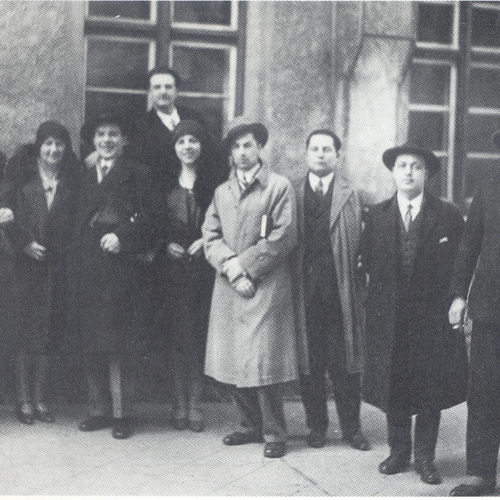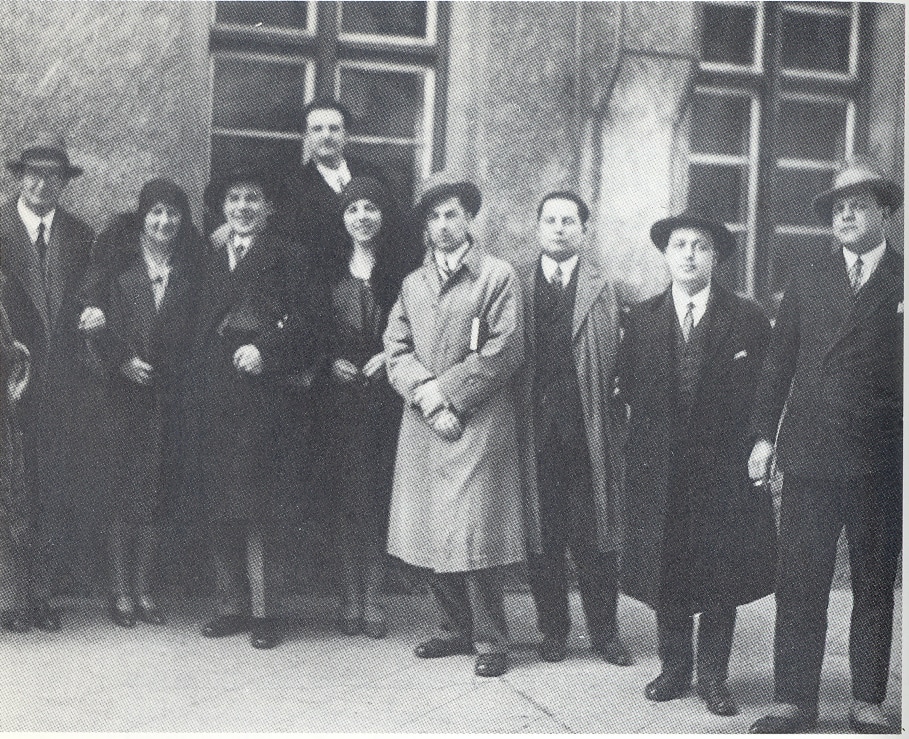120 apply for Karajan’s job, only 2 of them women
mainThe town of Ulm owes its musical glamour to being the first to give Herbert von Karajan a job.
Its podium falls vacant next year for the first time in a decade when Timo Handschuh moves on.
The executive director’s mailbox has bulged with 120 applications. Women, however, are not that interested.







Comments